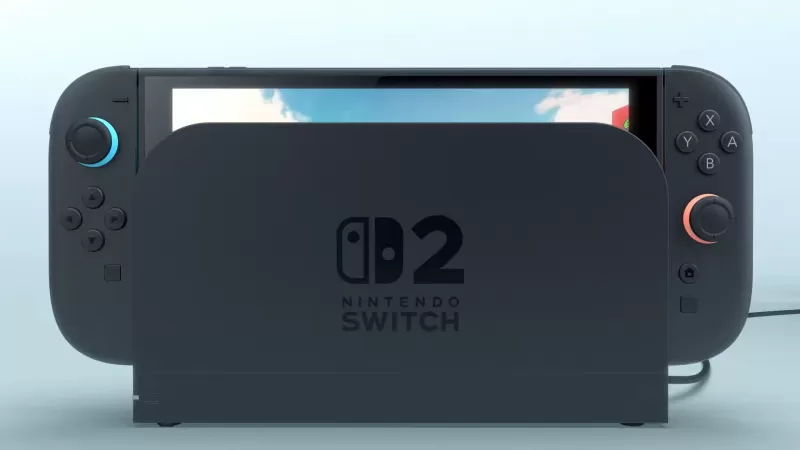PlayStation CEO Hermen Hulst: AI in Gaming – A Powerful Tool, Not a Replacement
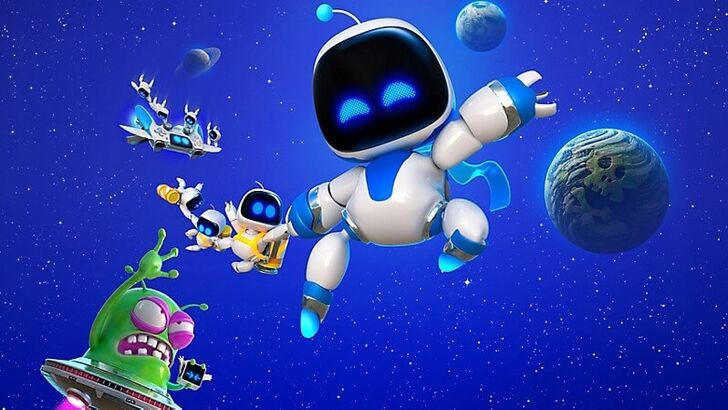
Sony Interactive Entertainment co-CEO, Hermen Hulst, recently shared his perspective on the role of artificial intelligence (AI) in the gaming industry. While acknowledging AI's potential to revolutionize game development, Hulst emphasizes the irreplaceable value of the "human touch." This statement comes as Sony celebrates 30 years in the gaming industry, a journey marked by technological advancements and evolving creative processes.
The Rise of AI and its Impact on Game Development
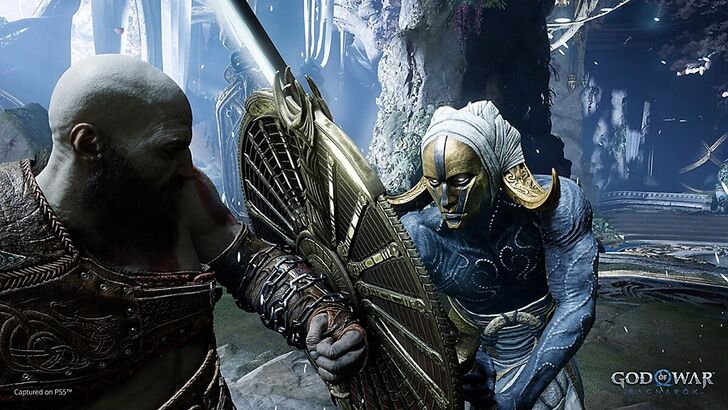
The integration of AI into game development is a double-edged sword. While it streamlines tasks like prototyping and asset creation, concerns remain about its potential to displace human creators. The recent strike by American voice actors, fueled partly by the use of generative AI to replace human voices, highlights this tension, particularly impacting games like Genshin Impact. A CIST survey reveals that 62% of game studios already utilize AI for workflow optimization.
Balancing Innovation and Human Creativity
Hulst stresses the importance of finding a balance between leveraging AI's capabilities and preserving the human element in game development. He predicts a "dual demand" in the future: games driven by AI innovation alongside handcrafted, thoughtfully designed experiences. This suggests a future where AI and human creativity coexist rather than compete.
PlayStation's AI Strategy and Future Ambitions
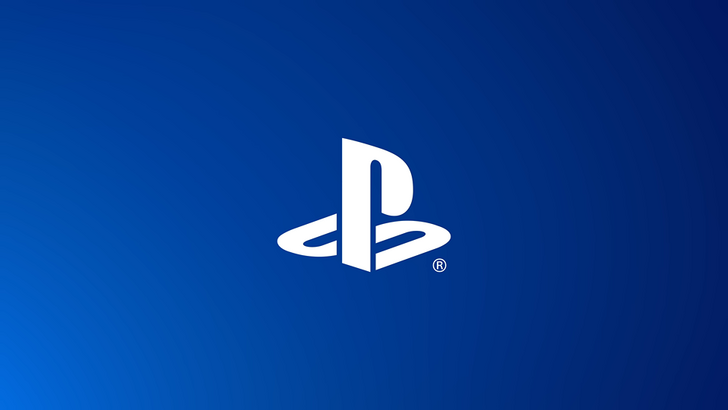
PlayStation is actively involved in AI research and development, having established a dedicated Sony AI department in 2022. Beyond gaming, Sony is exploring multimedia expansion, adapting its successful game IPs into films and TV series, with the God of War series serving as an example. This broader entertainment strategy may be linked to rumored acquisition talks with Kadokawa Corporation, a major player in Japanese multimedia.
Lessons Learned from the PlayStation 3
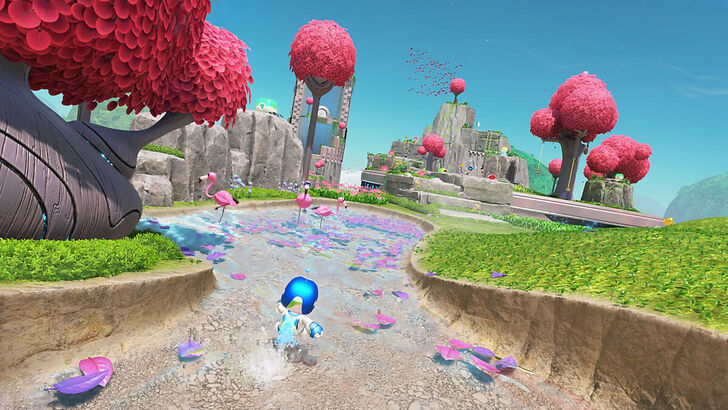
Reflecting on PlayStation's 30th anniversary, former PlayStation chief Shawn Layden described the PlayStation 3's development as an "Icarus moment," a period of overambitious goals that ultimately led to challenges. The experience taught valuable lessons about prioritizing core gaming experiences over expansive multimedia features, a lesson that shaped the successful PlayStation 4.

In conclusion, PlayStation's approach to AI highlights a strategic balance between technological advancement and the enduring importance of human creativity in the gaming industry. The company's future plans suggest a commitment to both innovation and the preservation of the unique artistic vision that defines its games.


